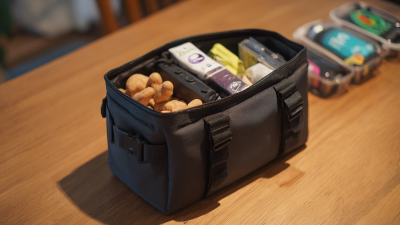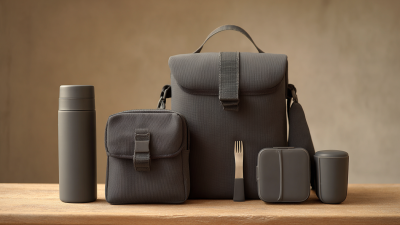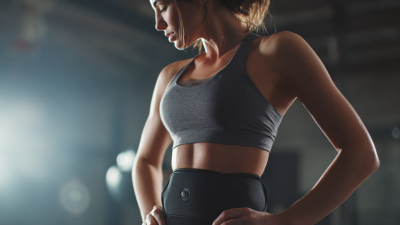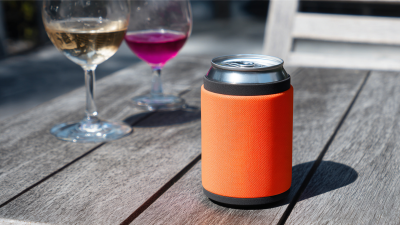When it comes to safeguarding your vehicle's interior, choosing the right Neoprene Car Seat Cover can make a significant difference in both protection and comfort. According to a recent report by the Automotive Seat Cover Research Institute, over 60% of car owners express major concerns about seat damage from spills, wear, and UV exposure. With rising consumer awareness about automotive upholstery health, the demand for high-quality Neoprene Car Seat Covers has surged, becoming a staple for those prioritizing durability and ease of maintenance.
Expert insights further reinforce this trend. Dr. Emily Carson, a leading figure in automotive fabrics research, notes, "Investing in a Neoprene Car Seat Cover not only prolongs the life of your vehicle's seats but also enhances the overall driving experience." Her findings highlight the unique properties of Neoprene, which include water resistance, elasticity, and comfort — ideal features for families and outdoor enthusiasts alike. As you explore the options available, understanding the specific benefits and durability factors of Neoprene Car Seat Covers will empower you to make an informed decision that caters to your lifestyle needs while ensuring top-notch vehicle care.
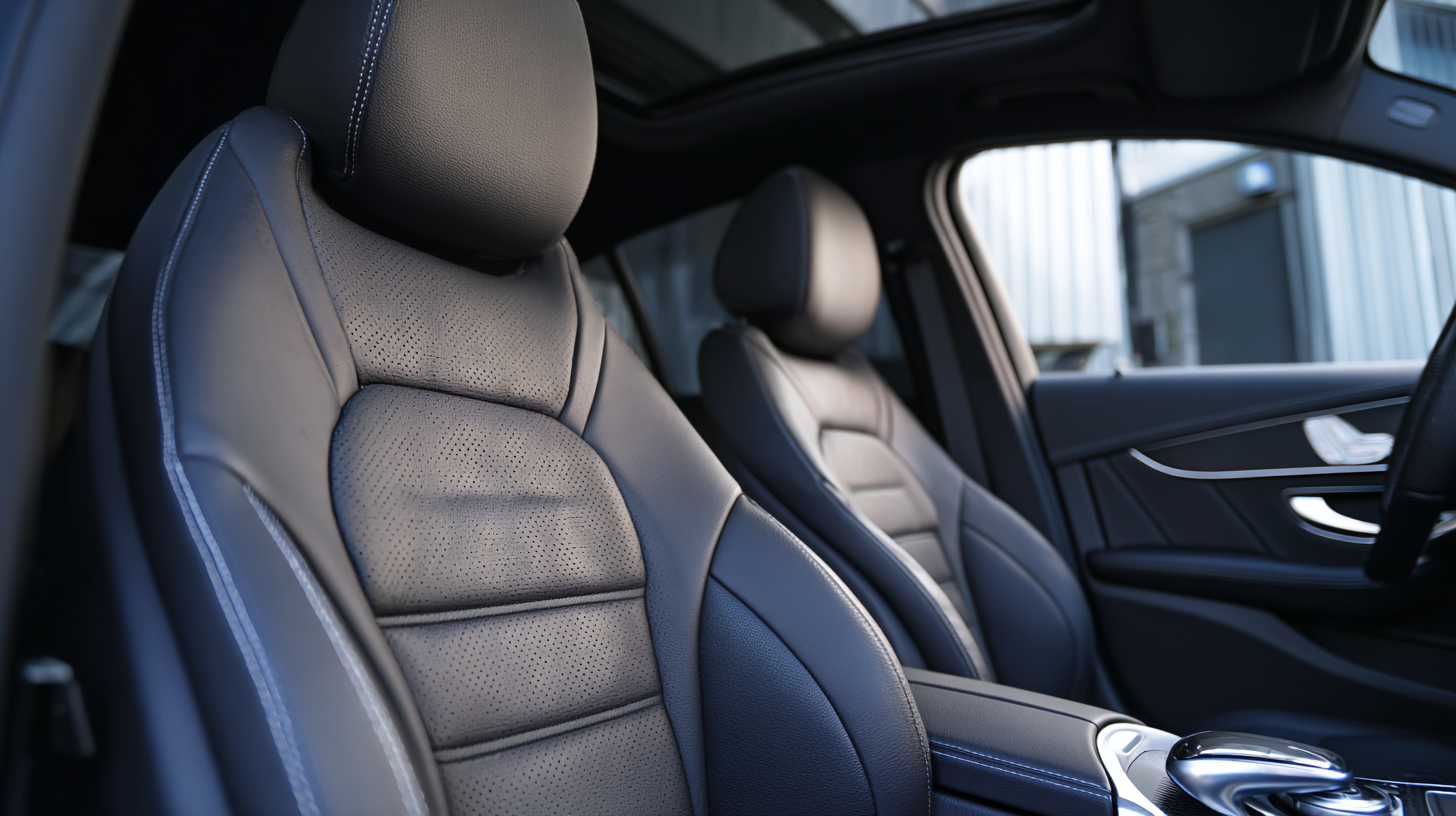
When selecting the right neoprene material for your car seat cover, it's essential to understand the different grades and types available. Neoprene, a synthetic rubber, is renowned for its durability and resistance to wear, making it an ideal choice for automotive use. According to a report from Statista, the global automotive seat cover market is projected to reach approximately $11 billion by 2024, highlighting the growing demand for high-quality materials that promise both protection and comfort. Choosing a neoprene grade designed for automotive applications—such as CR (chloroprene rubber)—ensures UV resistance, flexibility, and heat insulation, vital for maintaining your vehicle's interior.
Furthermore, it’s crucial to consider the thickness of the neoprene used in your seat cover. Industry analyses suggest that 3mm to 7mm thick neoprene offers an excellent balance between comfort and protection. Thicker materials provide better cushioning and impact resistance, while thinner grades facilitate better breathability, especially in warmer climates. According to a recent study by Market Research Future, high-quality neoprene covers have been shown to reduce wear and tear on original upholstery by nearly 30%, proving advantageous for long-term vehicle care and resale value. Investing in the right neoprene material ensures your car seats remain both stylish and safeguarded against spills, stains, and everyday use.
When selecting the best neoprene car seat covers, achieving perfect coverage begins with accurate seat measurements. According to a recent industry report from the Specialty Equipment Market Association (SEMA), improper fitting seat covers account for over 30% of consumer dissatisfaction. Therefore, ensuring you take the time to measure your seats correctly is crucial for both aesthetics and protection.
To measure your seats effectively, start by assessing the width, height, and depth of your seats, as noted in the Consumer Reports' automotive accessories analysis. For bucket seats, measure the widest points, typically the shoulders and hip areas, while for bench seats, ensure you capture the full width and any contours present. This precise data will help you select neoprene covers that not only fit snugly but also provide the ultimate defense against spills, stains, and wear, which is essential in extending the life of your vehicle's upholstery. With the right measurements, you can confidently choose the best fit for enhanced comfort and protection.
When choosing the best neoprene car seat cover, understanding specific features can significantly enhance both protection and comfort. One important aspect to consider is the availability of pockets. Pockets can provide convenient storage for items such as phones, wallets, or snacks, keeping them within easy reach while ensuring that the car's interior remains organized. Opting for seat covers with strategically placed pockets can maximize functionality without compromising style.
Padding is another key feature to look for in neoprene seat covers. Adequate padding can enhance comfort during long drives, making the experience more enjoyable. A thicker padding layer not only provides additional cushioning but also aids in protecting the original upholstery from wear and tear. Additionally, look for materials with moisture-wicking properties to keep you comfortable and dry, especially during hot weather. By prioritizing these features—pockets for convenience and padding for comfort—you can select a neoprene car seat cover that meets your needs beautifully.
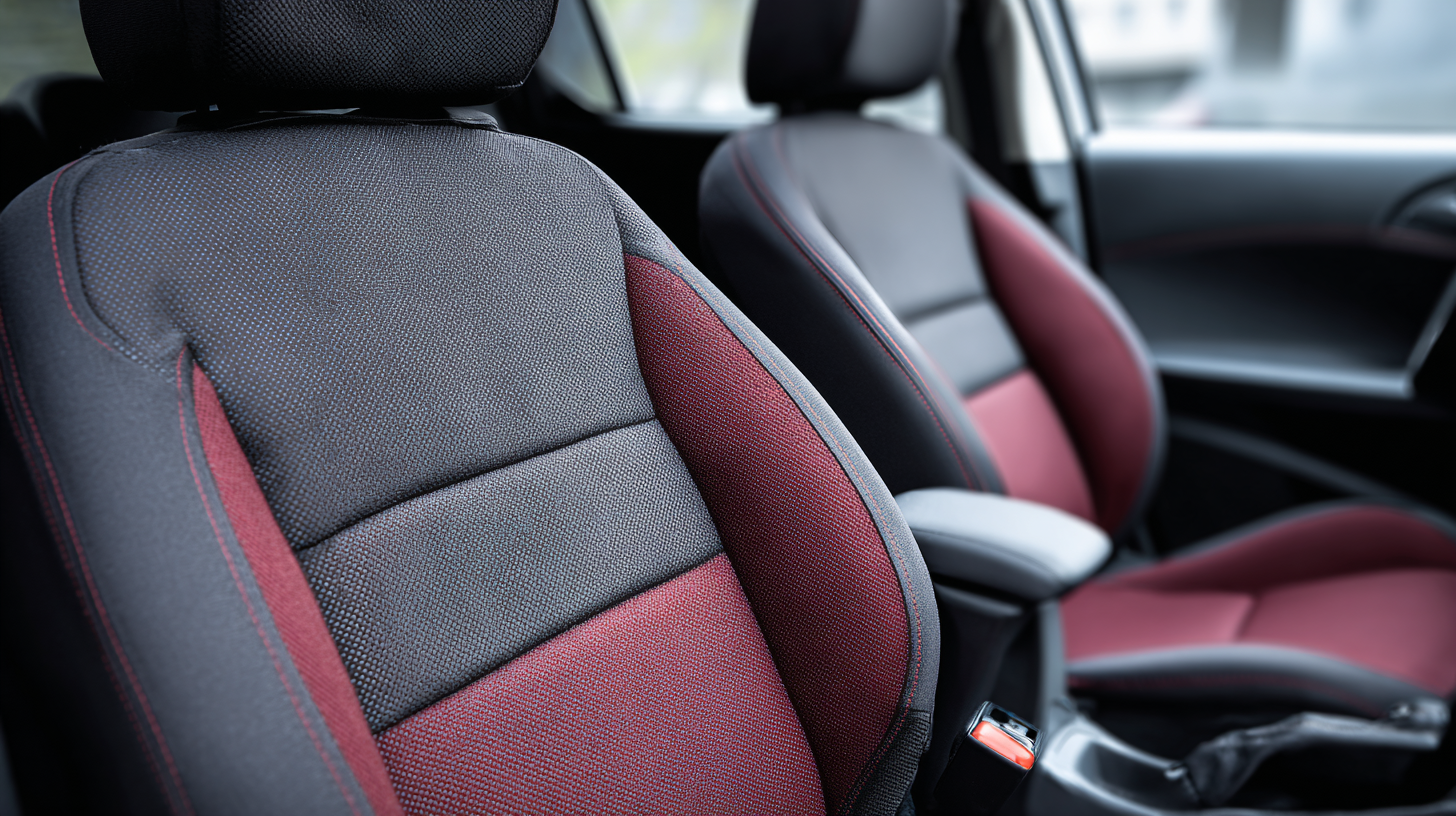
When it comes to selecting the best neoprene car seat covers, it's essential to compare the offerings from various brands to find the perfect balance between protection and comfort. Notably, brands like Coverking, Wet Okole, and FH Group stand out in the market.
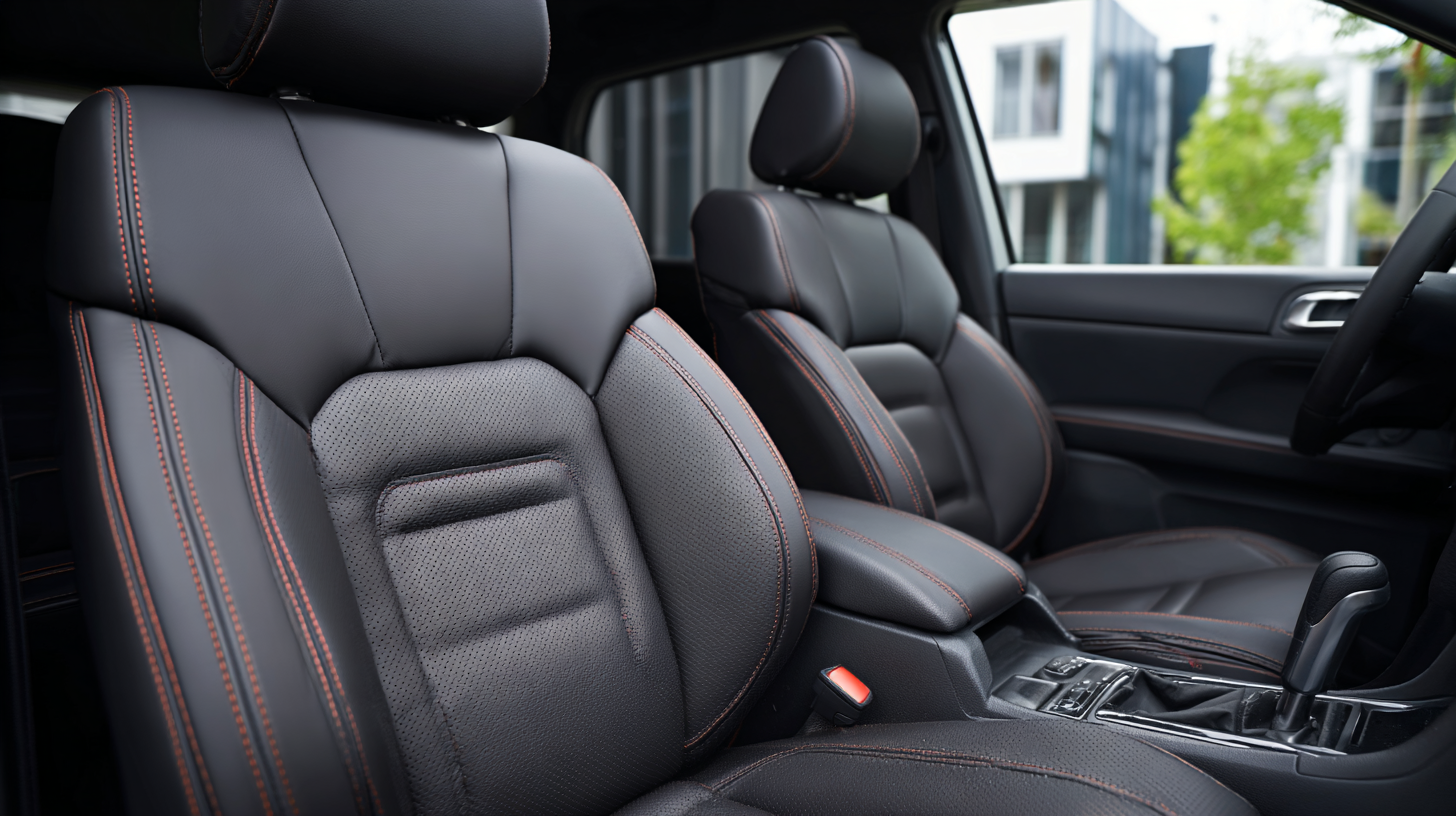
When it comes to maintaining the longevity and appearance of your neoprene car seat cover, regular cleaning is essential. To keep your cover in optimal condition, utilize a mild detergent mixed with water for spot cleaning. A soft cloth or sponge works well for this task, as it prevents abrasion while effectively removing dirt and stains. Avoid harsh chemicals or abrasive materials that might damage the neoprene fabric. For deeper cleaning, consider removing the covers and following the manufacturer's specific washing instructions, typically involving gentle cycles and air drying.
Additionally, it’s crucial to protect your neoprene cover from extreme temperatures. Excessive heat or direct sunlight can degrade the material over time. Whenever possible, park your vehicle in shaded areas or use a sunshade. Regularly inspecting the covers for wear and tear ensures you catch any potential issues early. Address fraying or damage promptly, as preventative care can significantly extend the lifespan of your seat covers, allowing you to enjoy both protection and comfort for years to come.
| Feature | Importance | Maintenance Tips |
|---|---|---|
| Water Resistance | High | Wipe down with a damp cloth after spills. |
| Durability | Medium | Avoid dragging heavy objects across the cover. |
| Comfort | High | Choose covers with padding and cushioning. |
| Fit | High | Ensure tight, custom fit to avoid slipping. |
| Ease of Cleaning | Medium | Hand wash and air dry, avoid machines. |
